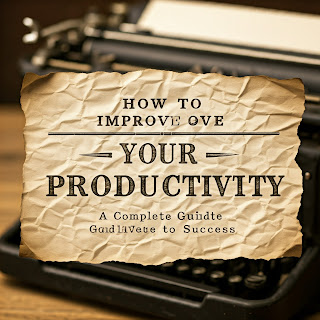Crypto Market Weekly Roundup: January 4–10, 2026
The first full week of 2026 featured a blend of recovery strength and short-term volatility. Overall crypto market capitalization remained in the 2.5–2.6 trillion dollar range, signaling a cautious but resilient beginning to the year. How the Week Unfolded: Performance Highlights The week started on a positive note. Bitcoin traded between 89,000 and 92,000 dollars in the early days before pushing above 94,000 mid-week on renewed buying interest. By January 10, Bitcoin had settled around 91,000 dollars, recording roughly 1.7–2% gains across the seven-day period. Ethereum held near 3,100 dollars with moderate upward movement. Altcoins showed mixed performance, with several standouts including: Convex Finance — among the strongest weekly gainers, supported by DeFi momentum Bonk — notable strength in the meme coin category XRP — continued to benefit from speculation around cross-border payment use cases During the same period, traditional safe-haven assets such as silv...
